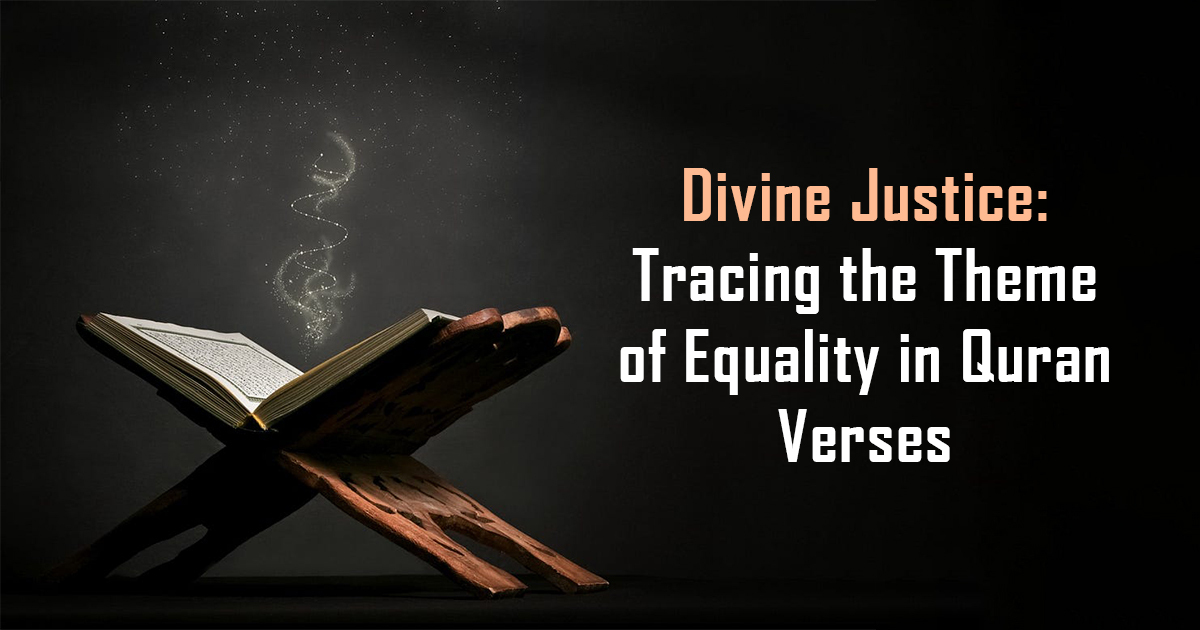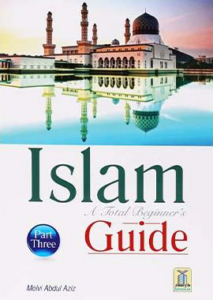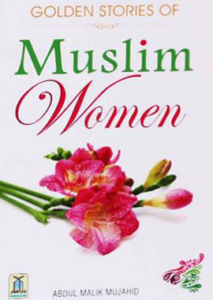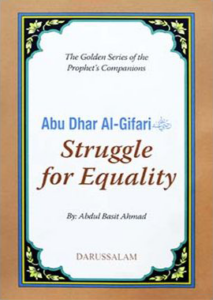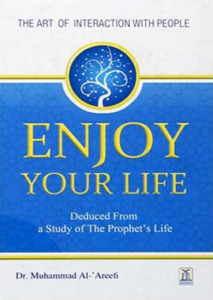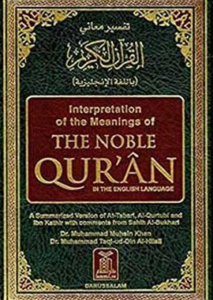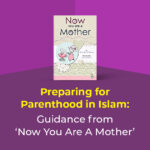The Quran, Islam’s revered scripture, is rich with verses that discuss the principles of justice, fairness, and equality. These divine tenets serve as the backbone of ethical Islamic behavior and social order.
In this blog by Darussalam, we’ll traverse the enlightening theme of equality as woven through the tapestry of the Quran, elucidating its central place in shaping Islamic values and conduct.
Introduction to Equality in the Quran
Equality in Islam is deeply rooted in the words of the Quran, where Allah repeatedly emphasizes the equitable treatment of all individuals.
The Essence of Quranic Equality
Universality of Creation: The Quran recognizes the intrinsic worth of every individual regardless of race, gender, or status (Quran 49:13).
Equal Accountability: It asserts that everyone is equal in the eyes of Allah regarding their deeds and accountability (Quran 4:124).
Explore Our Books on Quran’s Tafseer and Translation
The Interplay of Justice and Equality
The intertwining of justice and equality is a recurring motif in the Quran, underscoring the application of these principles in daily life.
Establishing Justice
Moral Obligation: The instruction to act justly is outlined as a fundamental moral obligation (Quran 4:135).
Equity vs. Equality
Fair Distribution and Treatment: While equality implies sameness, the Quran advocates for equity – justice that can sometimes necessitate different treatment to ensure fairness for all (Quran 4:32).
Equality in Worship and Spirituality
The Quranic perspective on equality is most apparent in the spiritual sphere, where every believer has direct access to Allah.
Equality in Worship
Universal Call to Worship: All believers are united in their call and approach to worship, with no intermediaries between the worshipper and Allah (Quran 2:186).
Piety as the Great Equalizer
Taquwa (Piety) over Status: The Quran repeatedly highlights that the only distinction of superiority among people is their piety and not worldly measures (Quran 49:13).
Social Justice and Economic Equality
Islam’s sacred text places a strong emphasis on social welfare and economic justice as pillars of a fair society.
Zakat and Charity
Alleviation of Poverty: Mandates on charity and the wealth distribution system of Zakat are meant to combat poverty and inequality (Quran 9:60).
Equitable Treatment of Vulnerable Populations
Protection of Rights: Special consideration is given to the rights of orphans, women, and the poor to protect against exploitation (Quran 4:36).
Gender Equality and Family Law
In matters of family and gender relations, the Quran bridges the essence of its ethical teachings with societal norms.
Marriage and Inheritance
Rights and Responsibilities: Both men and women are acknowledged as having complementary rights and responsibilities within the family structure (Quran 2:228).
Financial Security
Women are granted rights of inheritance and financial independence establishing their economic security (Quran 4:7).
Read More: Exploring Gender Equality in Islam Through Hadiths
Equality in the Domain of Justice and Governance
The Quran extends its advocacy of equality into the realm of justice and governance with clear guidelines for fair conduct.
Equality Before the Law
Fair Judgments: Emphasizes the importance of impartiality in judgments, even if it goes against oneself or relatives (Quran 4:135).
Consultation and Collective Decision-Making
Shura (Consultation): Promoting a governance model that includes mutual advice and democratic decision-making processes (Quran 42:38).
The Global Implications of Quranic Equality
Islamic teachings on equality have implications for global interactions and perspectives on diversity.
Cross-Cultural Respect
Respect for All People: The Quran speaks of the diversity of nations and tribes as a divine sign meant to foster understanding and mutual respect (Quran 49:13).
Universal Human Rights
Foundation for Human Rights: The Quran’s teachings on fairness and equality serve as a precursor to contemporary international human rights standards.
Conclusion: The Quran’s Vision for an Equitable World
The vision of equality that the Quran paints is comprehensive, calling for equal human dignity in social, economic, and spiritual spheres of life.
The Quran’s verses resonate with a timeless message of equality, exhorting Muslims to embrace divine justice in all aspects of life. These teachings form the bedrock of an ethical society where every individual is valued and given a fair opportunity to thrive.
FAQs About Equality in Quran Verses
1. How does the Quran address gender equality within its verses?
The Quran acknowledges the equality of men and women in spirituality and is worthwhile recognizing their differences and roles within society, with a multitude of verses emphasizing equitable treatment for both genders.
2. What does the Quran say about treating people of different backgrounds and faiths?
Islam’s holy book guides its followers to treat all people, regardless of background or faith, with respect and justice, promoting peace and coexistence.
3. How are economic equality and social justice highlighted in the Quran?
Through institutions like Zakat, the Quran sets a system to redistribute wealth in society and ensure that everyone, especially the most vulnerable, is cared for.
4. Are the principles of equality outlined in the Quran consistent with modern perspectives on human rights?
While some interpretations vary, the core principles of human dignity and equitable treatment in the Quran are in harmony with modern human rights philosophies.
5. Can the theme of equality in the Quran impact contemporary Muslim society?
Absolutely. By revisiting and reflecting on the Quran’s emphasis on equality, contemporary Muslim societies can strive to enhance justice and fairness in their legal, social, and economic systems.

